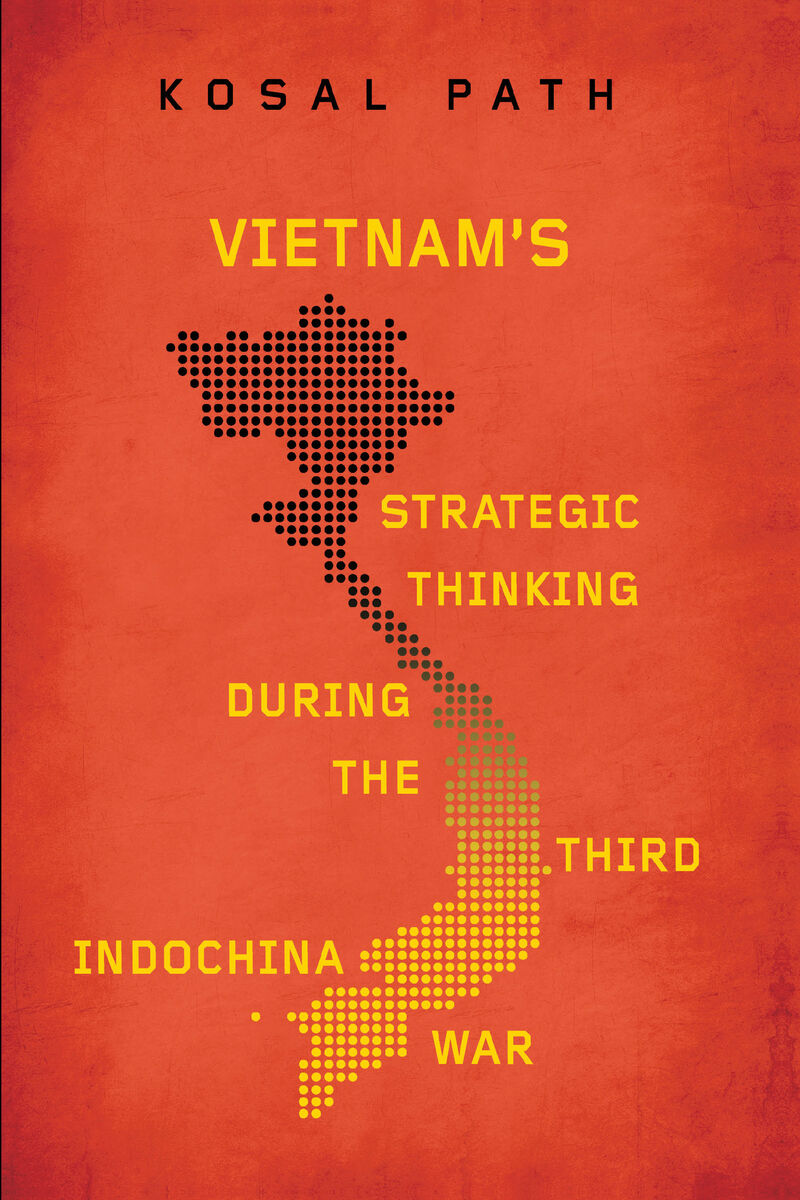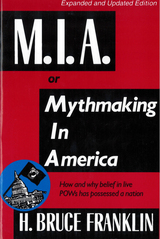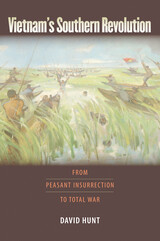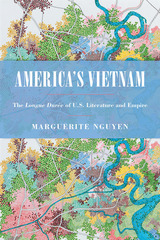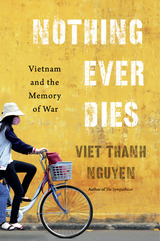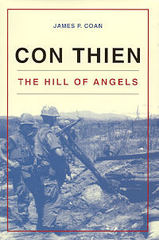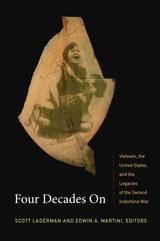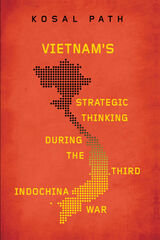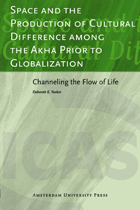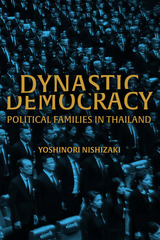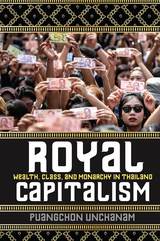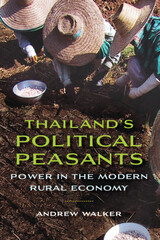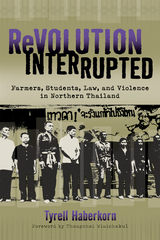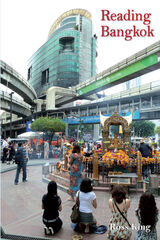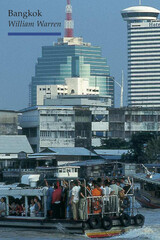Vietnam's Strategic Thinking during the Third Indochina War
University of Wisconsin Press, 2023
Cloth: 978-0-299-32270-0 | Paper: 978-0-299-32274-8 | eISBN: 978-0-299-32273-1
Library of Congress Classification DS559.912.P38 2020
Dewey Decimal Classification 959.6042
Cloth: 978-0-299-32270-0 | Paper: 978-0-299-32274-8 | eISBN: 978-0-299-32273-1
Library of Congress Classification DS559.912.P38 2020
Dewey Decimal Classification 959.6042
ABOUT THIS BOOK | AUTHOR BIOGRAPHY | REVIEWS | TOC | REQUEST ACCESSIBLE FILE
ABOUT THIS BOOK
When costly efforts to cement a strategic partnership with the Soviet Union failed, the combined political pressure of economic crisis at home and imminent external threats posed by a Sino-Cambodian alliance compelled Hanoi to reverse course. Moving away from the Marxist-Leninist ideology that had prevailed during the last decade of the Cold War era, the Vietnamese government implemented broad doi moi ("renovation") reforms intended to create a peaceful regional environment for the country's integration into the global economy.
In contrast to earlier studies, Path traces the moving target of these changing policy priorities, providing a vital addition to existing scholarship on asymmetric wartime decision-making and alliance formation among small states. The result uncovers how this critical period had lasting implications for the ways Vietnam continues to conduct itself on the global stage.
In contrast to earlier studies, Path traces the moving target of these changing policy priorities, providing a vital addition to existing scholarship on asymmetric wartime decision-making and alliance formation among small states. The result uncovers how this critical period had lasting implications for the ways Vietnam continues to conduct itself on the global stage.
